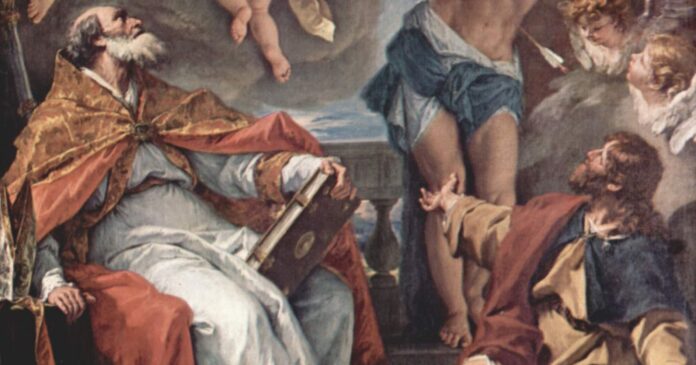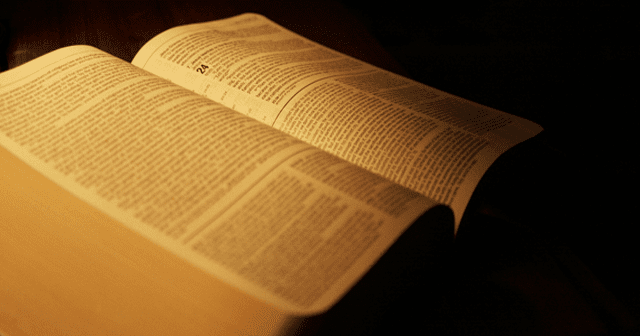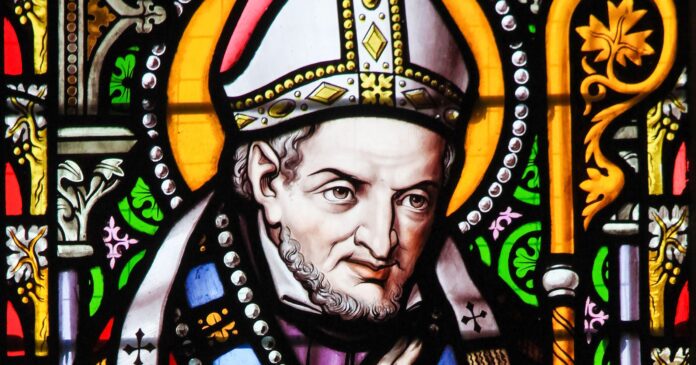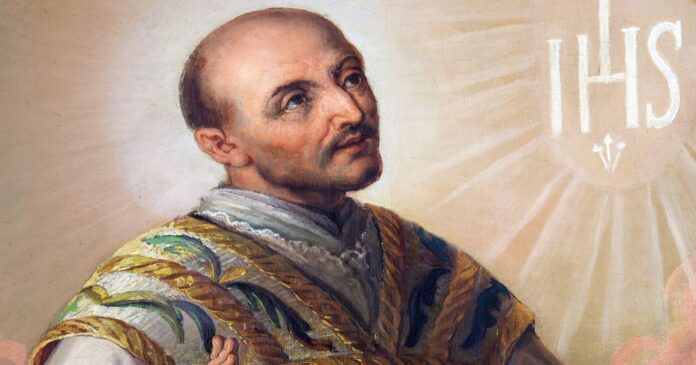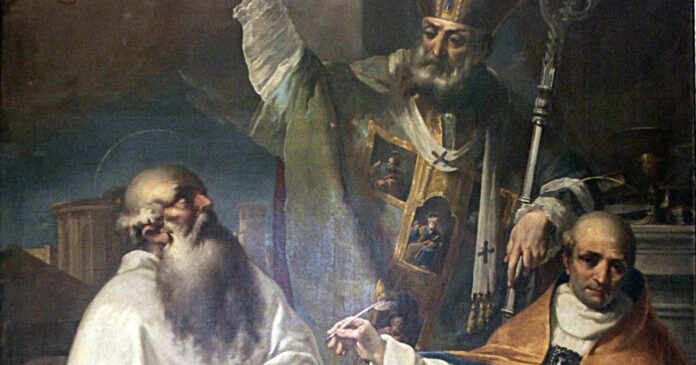Saint Eusebius of Vercelli, originally from Sardinia, Italy, had a notable life that was marked by his strong faith and resilient stand against heresy. Following the martyrdom of his father, Eusebius’ mother relocated the family to Rome, where Eusebius spent his formative years and served as a lector. Subsequently, he moved to Vercelli in the Piedmont region of Italy, where his unwavering service to the Church resulted in his election as the city’s first Bishop.
In 355, Eusebius participated in a council in Milan, convened by Emperor Constantius. With the Emperor’s backing, the Arian bishops intended to label St. Athanasius, a staunch defender of Christian orthodoxy, as a heretic. Eusebius, together with St. Dionysius, staunchly opposed this wrongful condemnation.
Despite the Emperor’s pressure, Eusebius firmly refused to sign off on Athanasius’ condemnation. As a consequence, he was banished and first exiled to Scythopolis in Palestine. There, he endured intense persecution at the hands of the Arian bishop Patrophilus, who not only had him imprisoned but also starved him. Adding insult to injury, the Arians also paraded him semi-naked through the streets, heaping mockery and insults upon him.
Further periods of exile followed in Cappadocia and then Thebaid in Upper Egypt. Yet, throughout these tribulations, Eusebius remained a steadfast advocate of the true Faith, maintaining correspondence with other bishops and urging them to stay faithful.
The tides turned in 361 when Emperor Julian ascended to power and allowed all the exiled bishops to return. Eusebius traveled to Alexandria to discuss with St. Athanasius the possibility of convening a synod. The synod was subsequently held there in 362 under their joint leadership.
After the synod, Eusebius journeyed to Antioch and Illyricum, reaffirming the wavering faithful and guiding those who had gone astray back to the fold. By 363, he returned to Italy and collaborated with St. Hilary of Poitiers, a passionate crusader against Arianism in the Western Church. Finally, after a prolonged absence, Eusebius returned to his Bishopric in Vercelli, where he passed away on August 1, 371.
In recognition of his enduring faith and the hardships he underwent, the Church bestowed upon him the title of martyr.
Photo credit: Public Domain via Wikimedia Commons


